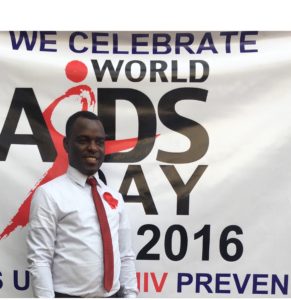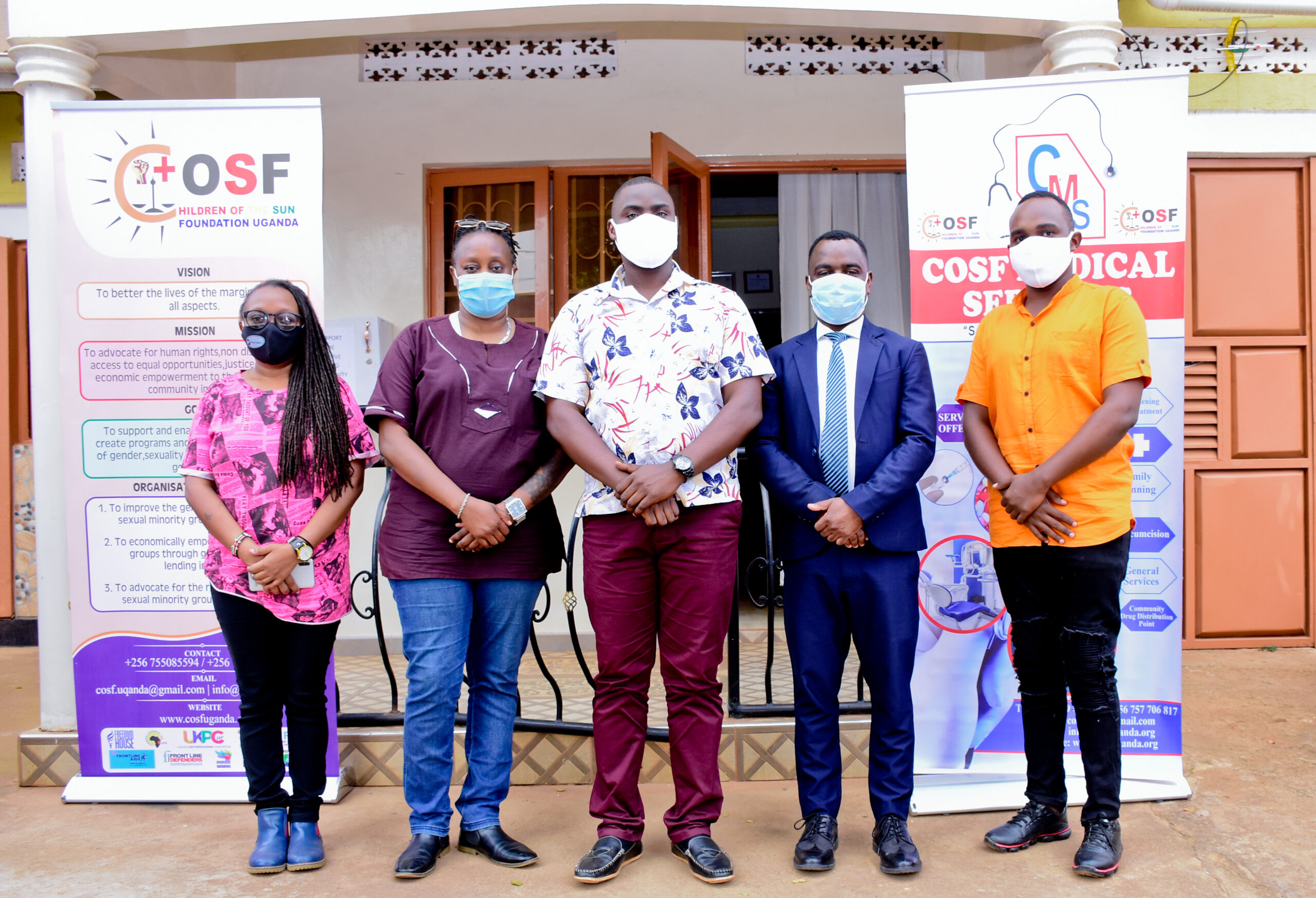Sexual Minorities Uganda-SMUG in conjunction with Ice Breakers Uganda-IBU celebrated World AIDS Day with the theme “Accelerating momentum in HIV prevention”.
While Uganda has made remarkable progress in respect to address the HIV/AIDS pandemic, the recent AIDS indicator survey 2015 showed HIV prevalence rate of 7.3% among people aged 15-49 which is still high. Currently the total number of people living with AIDS is estimated to be 1, 486,642 in 2014. New infections have declined from 128,068 in 2009 to 83,000 in 2014 and annual HIV deaths have reduced from 52,799 in 2009 to 28,000 in 2015.
Uganda was identified as one of the fast-track countries that can make a significant contribution to ending AIDS as a public threat by 2030 and these statistics show that with combined efforts we can fight the epidemic.
Frank Mugisha the executive director for SMUG calls on everyone to “Keep talking, keep fighting and challenging stigma”, he says, “Together we will end HIV.”
Brian Nkoyooyo the executive director of Icebreakers Uganda says “Many people these days especially the youth have lost the fear of contracting HIV because they know that there is medicine that can help them live longer with HIV.” He adds, “We don’t have a cure yet, LGBTI persons that are sexually active should be vigilant and protect themselves against contracting HIV. Prevention is the key to eradicating HIV.”
We appeal to the government of Uganda to ensure that most at risk populations are informed on how to protect themselves from being infected with the HIV virus. We also implore the ministry of health to ensure that LGBT persons living positively can access friendly HIV services and are under continuous treatment as there have been cases where ARVs have run out of stock.
We call for an end to HIV-related stigma and discrimination, negative attitudes and abuse directed at LGBTI persons living with HIV and AIDS especially at health service centers because the consequences of stigma and discrimination are wide-ranging. Some people are shunned by family, peers and the wider community, while others face poor treatment in healthcare and educational settings leading to erosion of their rights, and psychological damage.
We also urge LGBTI persons to get tested and get to know their HIV status and also to use protection to avoid getting infected.
To LGBTI persons living with HIV and AIDS please adhere to your medication and nutritional behavior because it is your life insurance.





